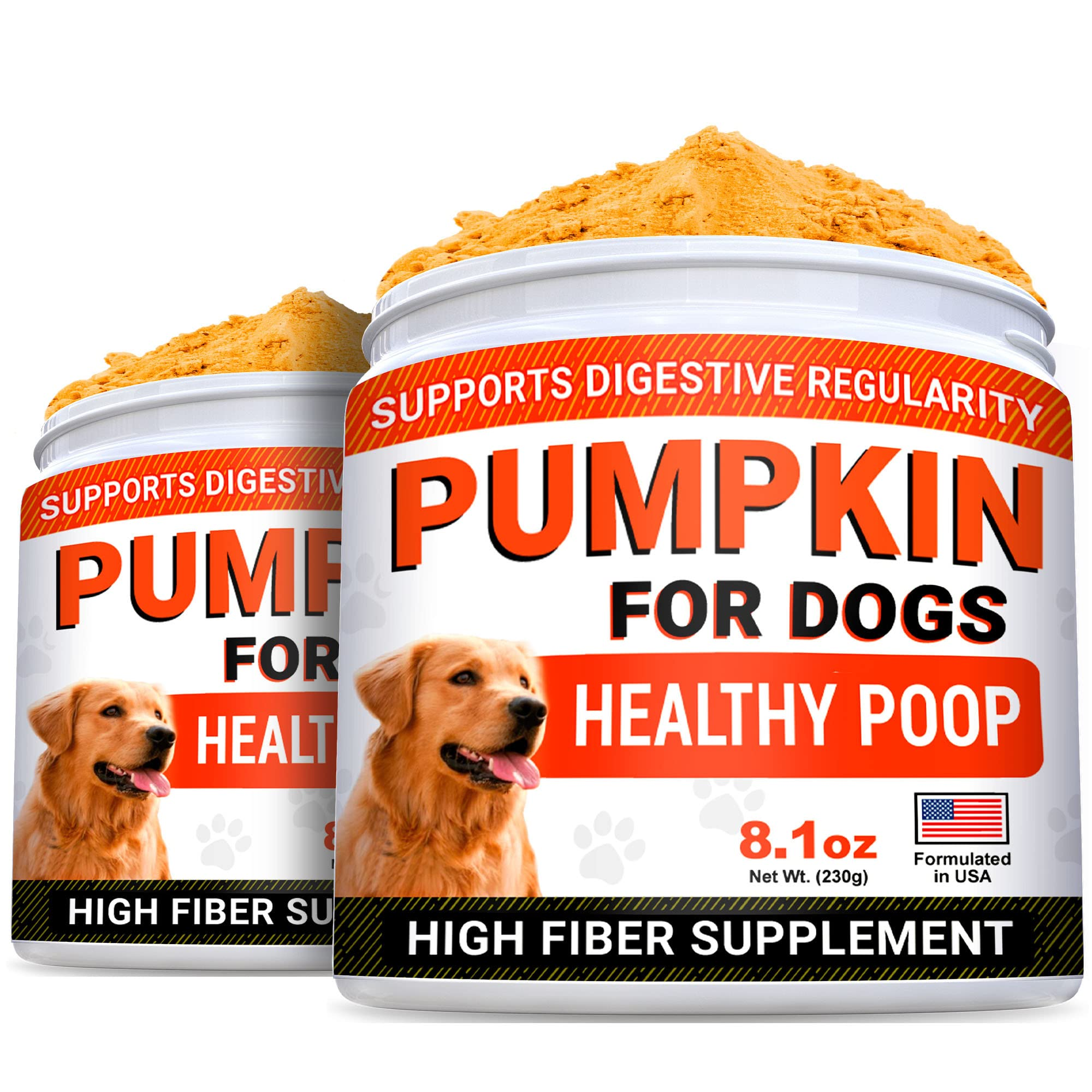Discover the truth about pumpkin for dogs with yeast infections. Learn from a dog lover's experience and expert advice on managing canine yeast overgrowth.
A Pumpkin Predicament: My Personal Experience
As a devoted dog owner and writer for barkneywick.com, I've always been eager to find natural remedies for common canine ailments. When my beloved Golden Retriever, Max, developed a persistent yeast infection, I was determined to find a solution. Like many pet parents, I'd heard whispers about the magical properties of pumpkin for dogs. Excited by the prospect of an easy fix, I rushed to the store and stocked up on canned pumpkin puree.
With high hopes, I began adding generous spoonfuls of the orange goodness to Max's meals. The first few days seemed promising – Max loved the taste, and I felt like a canine nutrition guru. However, as the week progressed, I noticed something concerning. Instead of improving, Max's yeast infection appeared to be getting worse. His itching intensified, and the telltale yeasty odor became more pronounced.
Confused and disheartened, I realized I needed to dig deeper into the pumpkin puzzle. This experience led me on a journey of discovery about the complex relationship between diet and yeast infections in dogs.
My Changing Perspective on Pumpkin for Yeasty Dogs
Initially, I was a firm believer in the power of pumpkin. After all, it's often touted as a superfood for dogs, praised for its digestive benefits and nutrient content. I thought I had found the perfect, natural solution for Max's yeast troubles. However, my opinion began to shift as I observed the unexpected worsening of his symptoms.
This experience taught me a valuable lesson: what works for one canine health issue may not be suitable for another. I realized that blindly following popular advice without considering the specific condition at hand could potentially do more harm than good. This led me to approach canine nutrition with a more critical eye, always considering the unique needs of each health concern.
The Science Behind Yeast Infections and Diet
To understand why pumpkin might not be the best choice for dogs with yeast infections, we need to delve into some objective facts about canine yeast overgrowth and nutrition.
Yeast infections in dogs are typically caused by an overgrowth of the Malassezia species of yeast. These organisms naturally exist on a dog's skin and in their gut, but certain factors can cause them to multiply excessively, leading to infection.
One crucial fact to consider is that yeast thrives on carbohydrates and sugars. Dr. Karen Becker, a renowned integrative veterinarian, explains that a diet high in carbohydrates can fuel yeast growth. This is where pumpkin becomes problematic for yeasty dogs.
Pumpkin, while nutritious in many ways, is relatively high in carbohydrates. According to the USDA, 100 grams of canned pumpkin contains about 8.09 grams of carbohydrates. For a dog battling a yeast infection, this carbohydrate content could potentially exacerbate the problem by providing food for the yeast.
Research published in the journal "Medical Mycology" has shown that dietary carbohydrates can indeed influence the growth of Malassezia yeasts. This scientific evidence supports the idea that a low-carb diet may be more beneficial for dogs with yeast infections.

Practical Tips for Managing Canine Yeast Infections
Based on my experience and extensive research, here are some helpful guidelines for pet owners dealing with yeast infections in their dogs:
-
Adopt a Low-Carb, Fresh Food Diet:
- Focus on lean proteins like turkey, chicken, and fish.
- Incorporate non-starchy vegetables such as broccoli, kale, and cucumber.
- Avoid starchy vegetables, grains, and legumes.
-
Consider Beneficial Supplements:
- Add a high-quality probiotic to support gut health.
- Incorporate MCT oil, which contains caprylic acid, known for its anti-fungal properties.
- Explore natural anti-fungal supplements like olive leaf extract or pau d'arco.
-
Maintain Proper Hygiene:
- Regularly clean and dry areas prone to moisture, such as paw pads and skin folds.
- Use an anti-fungal shampoo recommended by your veterinarian.
-
Address Environmental Factors:
- Regularly wash your dog's bedding in hot water.
- Vacuum frequently to reduce fungal spores in the environment.
-
Monitor and Adjust:
- Keep a journal of your dog's diet and symptoms to identify patterns.
- Be prepared to adjust the diet based on your dog's response.
Remember, while these tips can be helpful, it's crucial to work with your veterinarian to develop a comprehensive treatment plan tailored to your dog's specific needs.
The Role of Holistic Veterinary Care: Spotlight on Dr. Jean Dodds
When it comes to managing complex health issues like yeast infections in dogs, a holistic approach can be incredibly beneficial. Dr. Jean Dodds, a world-renowned veterinarian and founder of Hemopet, has been a pioneer in promoting integrative veterinary medicine.
Dr. Dodds emphasizes the importance of looking at the whole picture when treating canine health issues. She advocates for considering not just the symptoms, but also the underlying causes, which could include food sensitivities, environmental factors, or even thyroid imbalances.
In the context of yeast infections, Dr. Dodds' approach aligns with the idea that diet plays a crucial role. She often recommends novel protein diets and the elimination of common allergens to help manage skin issues and yeast overgrowth in dogs.
Consulting with a holistic veterinarian like Dr. Dodds can provide valuable insights into managing your dog's yeast infection through a combination of dietary changes, targeted supplements, and addressing any underlying health issues.
Conclusion: A Lesson in Tailored Canine Care
My journey with Max and his yeast infection taught me an invaluable lesson about pet care. What I initially thought was a simple solution – adding pumpkin to his diet – turned out to be a complex issue requiring a more nuanced approach.
Through this experience, I learned the importance of tailoring dietary choices to specific health conditions. While pumpkin can be beneficial for dogs in many situations, it's not a one-size-fits-all solution, especially when it comes to yeast infections.
As dog lovers and responsible pet owners, it's crucial that we approach our furry friends' health with both enthusiasm and caution. We must be willing to question popular advice, do our research, and work closely with veterinary professionals to provide the best care possible.
Remember, every dog is unique, and what works for one may not work for another. By staying informed, observant, and adaptable, we can navigate the challenges of canine health issues like yeast infections and help our beloved pets live their healthiest, happiest lives.
So, the next time you're tempted to reach for that can of pumpkin as a cure-all, take a moment to consider your dog's specific needs. Your furry friend will thank you for it!
